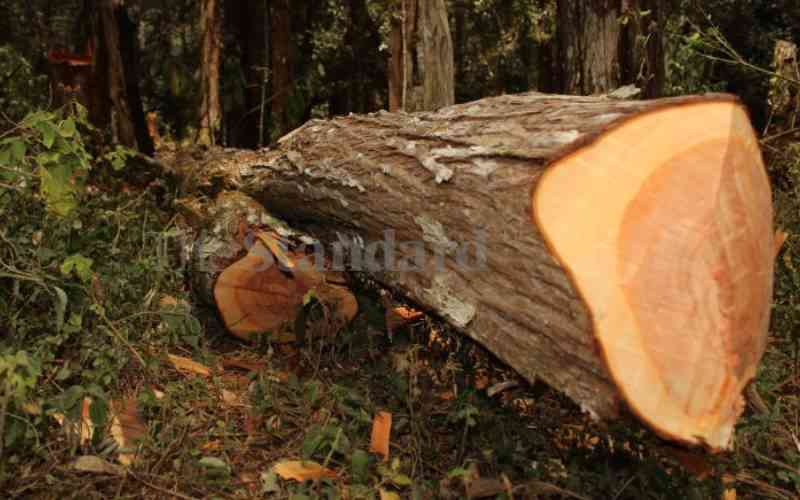×
The Standard e-Paper
Home To Bold Columnists

Goma region, located in the eastern part of the Democratic Republic of Congo (DRC), is home to Virunga National Park, one of the remaining biodiversity and natural resources hotspots in the world.
But the park, which is part of the 60 per cent Congo basin rainforest found in DRC and endowed with century-old indigenous trees among other biodiversity, is under attack, courtesy of illegal timber and charcoal trade.